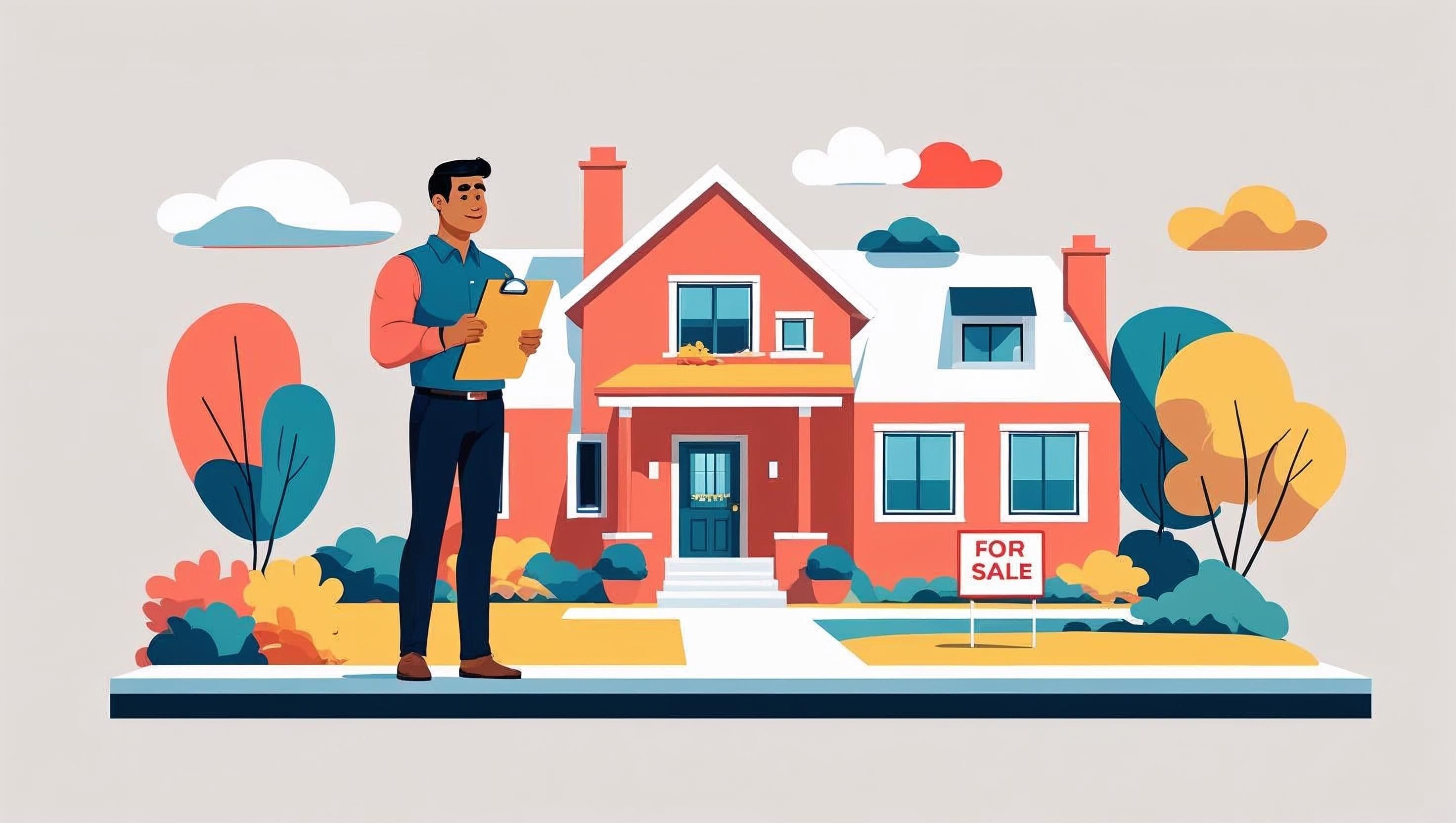Home Selling 101: Everything You Need to Know Before Listing Your Home

Home Selling 101: Everything You Need to Know Before Listing Your Home
Introduction
Selling a home is a major financial and emotional decision. Whether you're upsizing, downsizing, relocating, or cashing out equity, the process can be overwhelming—especially in a dynamic real estate market. This guide covers everything you need to know before listing your home, with tips tailored for Texas but applicable across the country.
From pricing it right to staging like a pro, we’ll walk you through every step to ensure your sale is smooth, fast, and profitable.
Step 1: Know What Your Home Is Worth
Setting the right price is key. Price too high and your home may sit on the market. Price too low and you leave money on the table.
Start with:
- A Comparative Market Analysis (CMA) from a real estate agent
- Free online valuation tools (Zillow, Redfin, Realtor.com)
- Recent sales of similar homes in your neighborhood
In Texas, rapidly changing property values in cities like Austin or Dallas can lead to under- or overpricing—working with a local expert is essential.
Step 2: Understand the Best Time to Sell
Spring and early summer are typically the best seasons to sell, offering more daylight, active buyers, and higher prices. However, local trends matter more than national averages.
Factors that influence timing:
- School calendars (families prefer summer moves)
- Mortgage rate fluctuations
- Inventory levels in your local market
Step 3: Get Your Home Ready to Impress
Buyers make snap judgments—often within seconds of walking through the door. First impressions matter.
Checklist for prepping your home:
- Deep clean everything (consider professional cleaners)
- Declutter and depersonalize (remove personal photos, excess furniture)
- Make minor repairs (leaky faucets, paint touch-ups, cracked tiles)
- Enhance curb appeal (mow lawn, paint front door, add potted plants)
- Consider professional staging or virtual staging for online listings
Step 4: Choose a Real Estate Agent You Trust
A great listing agent can:
- Accurately price your home
- Market it effectively online and offline
- Negotiate offers on your behalf
- Help you navigate inspections and closing hurdles
Interview at least 2–3 agents. Ask about local sales experience, average days on market, and marketing strategy.
Step 5: List and Market Like a Pro
Today’s buyers begin their search online, so your listing needs to shine.
What your listing should include:
- Professional photos (not smartphone shots)
- A compelling, keyword-optimized description
- 3D tours or video walkthroughs, if possible
List your home on the MLS and syndicate to major platforms (Zillow, Redfin, Realtor.com). Share on social media to expand reach.
Step 6: Maximize Showings and Open House Appeal
Be flexible with showings and open houses. More eyeballs = faster offers.
Pro tips:
- Use neutral scents (no overpowering candles)
- Keep the temperature comfortable
- Remove pets and valuables during showings
- Leave the house during open houses so buyers can imagine themselves there
Step 7: Evaluate and Negotiate Offers
Don’t just look at the offer price—terms matter too.
What to consider:
- Offer price vs. your list price
- Closing date flexibility
- Contingencies (financing, appraisal, inspection)
- Buyer’s down payment strength
Your agent will guide you through accepting, countering, or rejecting offers.
Step 8: Navigate the Closing Process
Once you accept an offer, the real work begins.
Expect the following:
- Home inspection and possible repair requests
- Appraisal ordered by the buyer’s lender
- Title search and legal documentation
- Final walkthrough and closing disclosures
In Texas, many closings are handled through a title company or attorney. Be prepared for paperwork and timelines—with HomeHop, we have you covered here.
Step 9: What to Do After You Sell
- Cancel homeowners insurance and utilities (post-closing)
- Update your address with the USPS and financial accounts
- Retain closing documents for tax and record-keeping purposes
If you made a profit, talk to a tax advisor about capital gains implications.
Final Thoughts
Selling your home doesn't have to be stressful. With the right preparation, pricing strategy, and team in place, you can maximize your sale price, reduce time on market, and move on to your next chapter with confidence.